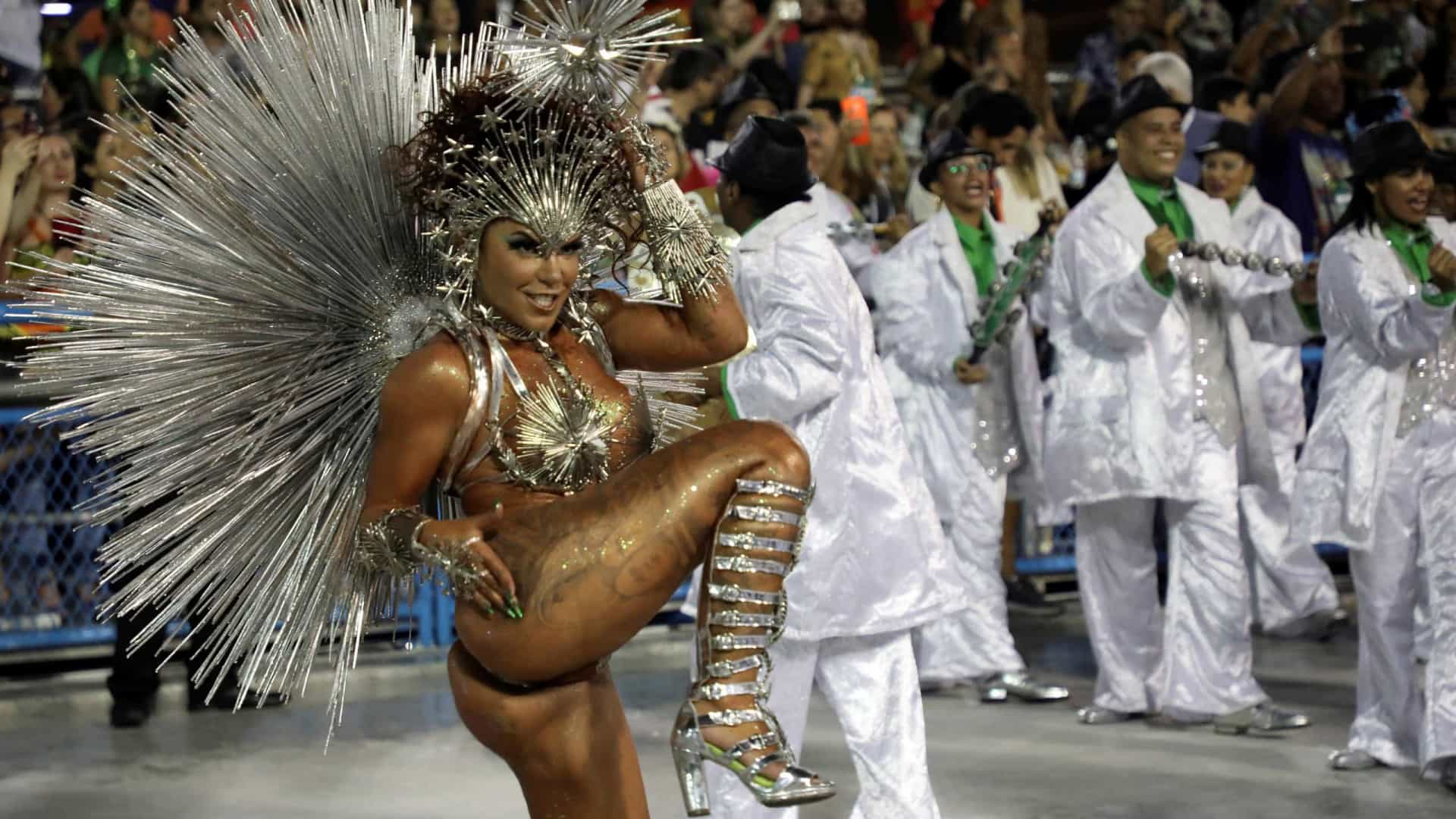RIO DE JANEIRO, BRAZIL – Rio de Janeiro is empty, with no tourists and hotels operating under restrictions on the eve of Carnaval, as the pandemic led to the cancellation of Brazil’s most iconic festival and left thousands jobless.

For the first time in history, Rio de Janeiro will not be holding its Carnaval – which would kick off this Friday – and the economic fallout from this cancellation, intended to prevent the spread of Covid-19, will result in losses estimated at around R$2.7 billion.
The cancellation will affect everyone from beverage vendors, who work informally selling on the streets to thousands of revelers, to hotel chains, which saw their units’ occupancy reduced by over 50%.
Workers who every year take part in Carnaval have also felt the scourge. Craftsmen, designers, carpenters, welders, seamstresses, and mechanics have all been dismissed.
They were joined by countless musicians and dancers, as well as traders who imported ornaments, costumes, and other typical items for the festival. The whole chain of products, trade and services suffered a heavy blow.
The hardest hit were small businesses and seasonal workers, mostly poor people whose livelihoods depend on carnival.
In the tourism sector alone, more than 25,000 people who used to cater to the demand of Rio’s main festival lost their temporary jobs in hotels, bars and restaurants, according to Fábio Bentes, economist of the National Confederation of Trade (CNC).
‘Sales have been terrible! Without Carnaval we sell only 10%,’ said Maria Vicente da Silva, 52, an employee at a store in SAARA, downtown’s most popular street shopping. “This is very sad. We see many businesses shutting their doors because they can’t afford to remain open,” she added.
Samba schools, for decades the heart, soul and life of Carnaval, were forced to radically reduce their staff in order to survive.
With 22 titles won in its 98 years of existence, Portela, Rio de Janeiro’s parade champion and one of the city’s most traditional samba schools, is no exception to the rule.
Some 400 people at the school were affected by the cancellation of Carnaval. Most of them are seasonal employees working at Cidade do Samba, where costumes are fabricated and the floats used in the parades are assembled.
“It’s many people. It’s an army working for each samba school and these people need a Carnaval project in order to support their families with dignity,” said Portela’s vice-president, Fábio Pavão.
The situation is similar at Beija Flor, another of the 12 schools in the top flight special group. “We cut wages and tried to keep all employees until now, because costs are very high if there is no income,” said Selminha Sorriso, Beija Flor’s famous flag-bearer.
Rio de Janeiro generates over 30% of Brazil’s revenue from recreational tourism, and Carnaval is the event paying the most dividends for the city.
Last year, 2.1 million tourists – about 500,000 of them foreign – visited Rio de Janeiro over Carnaval and generated approximately R$3.8 billion in revenue in the city.
The holding of Carnaval celebrations had initially been conditioned upon vaccination and the festival was deferred to July, but in January the City Hall decided to permanently cancel the event due to logistical challenges in its organization.
The decision will result in a severe economic blow to Rio de Janeiro, but it will prevent crowds from spreading the novel coronavirus in a city of 7 million inhabitants, where over 193,000 people have been infected and about 18,000 have lost their lives to the pandemic.
Source: Noticias ao Minuto

